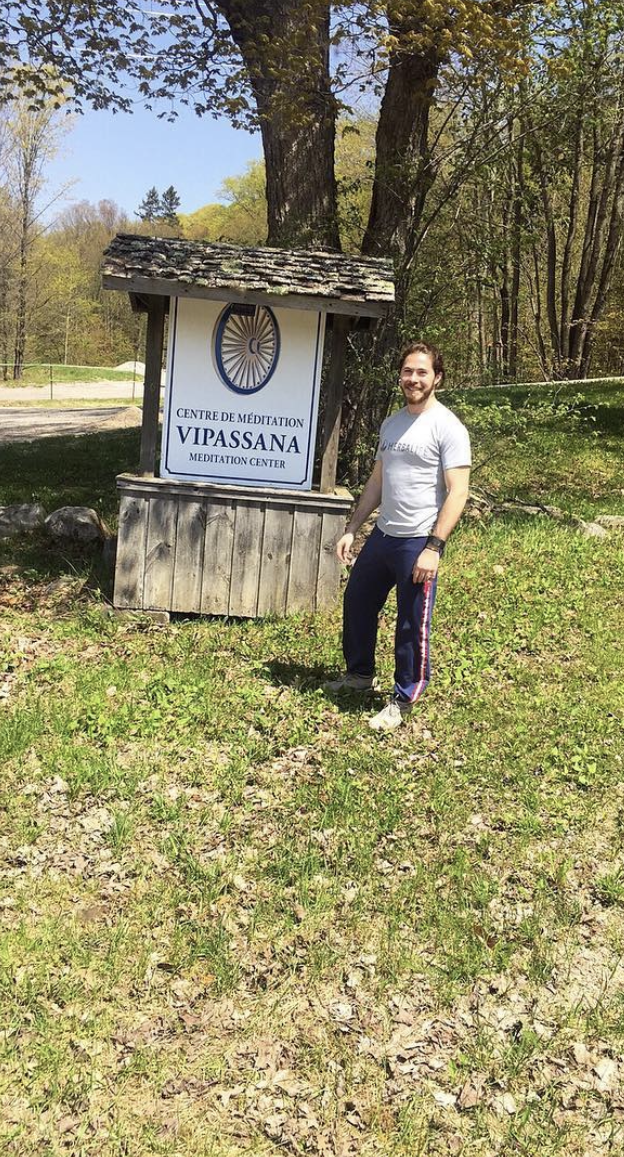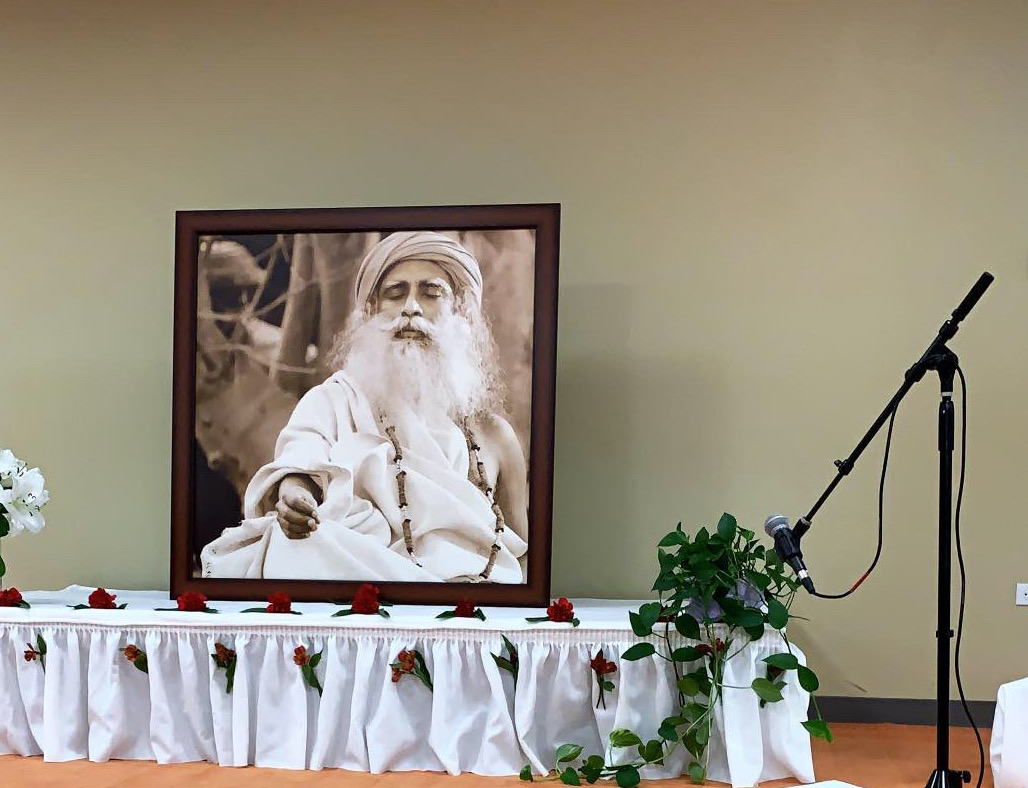Mindfulness and Meditation: The Power of Presence
Aug 11, 2024
Why Mindfulness and Meditation Matter
In today’s fast-paced world, finding moments of calm and clarity is crucial. Mindfulness and meditation are not just buzzwords; they are essential tools for enhancing focus, reducing stress, and improving overall well-being. In this article, I’ll share my personal journey with different meditation techniques, including Vipassana, Shambhavi Mahamudra Kriya, and breathwork practices, along with actionable steps to incorporate mindfulness into your daily life.

My Journey with Vipassana: A 10-Day Silent Meditation Retreat
What is Vipassana?
Vipassana, meaning "to see things as they really are," is an ancient meditation technique focused on deep self-observation. By scanning bodily sensations and observing thoughts without reacting, Vipassana helps purify the mind and build emotional resilience.

The Semiconductor Analogy: Purifying the Mind
To understand Vipassana, consider zone refining, a process used in semiconductor manufacturing to purify metal rods. A heated section moves along the rod, gathering impurities and pushing them to one end for removal. Similarly, Vipassana meditation brings mental impurities—doubts, fears, and negativity—to the surface, allowing them to dissolve, leaving the mind clearer and more focused.
Key Takeaways from My Experience:
-
Deep self-awareness: Recognizing thoughts without judgment.
-
Emotional resilience: Responding calmly rather than reacting impulsively.
-
Improved focus: Training the mind to stay present despite distractions.
💡 Want to learn more? Visit Dhamma.org for details on Vipassana retreats.
Breathwork: The Foundation of Mindfulness
"Life begins and ends with breath." Our breath is the most fundamental yet overlooked tool for mental clarity and emotional balance. Practicing breathwork can instantly calm the mind and body, making it an excellent starting point for mindfulness.
Recommended Breathwork Practices:
-
Wim Hof Method: Oxygenates the body, boosts energy, and enhances focus.
-
Box Breathing (4-4-4-4): Used by Navy SEALs to regulate stress and improve decision-making.
-
The Oxygen Advantage (Nasal Breathing): Enhances endurance and mental clarity.
📚 Recommended Reads:
-
Breath: The New Science of a Lost Art – James Nestor
-
The Oxygen Advantage – Patrick McKeown

Inner Engineering: A Holistic Approach to Meditation
Following my Vipassana retreat, I explored Inner Engineering, a meditation program by Sadhguru. The core practice, Shambhavi Mahamudra Kriya, is a 21-minute daily meditation designed to align the body, mind, and energy.
My Biggest Takeaway:
After consistent practice, I reached a point where I could close my eyes and instantly drop into a meditative state, something I had never experienced before. This ability to tap into stillness and clarity has been invaluable in managing daily stress.
💡 Interested? Check out the Isha Foundation for more details on Inner Engineering programs.
How to Integrate Mindfulness into Daily Life
Mindfulness isn't just about sitting in meditation—it can be infused into daily activities. Here’s how:
Everyday Mindfulness Practices:
-
Mindful Walking: Walk without distractions, focusing on each step and breath.
-
Journaling: Write down thoughts and reflections to cultivate self-awareness.
-
Mindful Eating: Savor each bite, eating without screens or distractions.
-
Focused Breathing: Take deep breaths before a meeting to improve concentration.

Simple 3-Minute Mindfulness Exercise:
-
Find a quiet space and sit comfortably.
-
Focus on your breath, noticing its natural rhythm.
-
If thoughts arise, acknowledge them without judgment and return to your breath.
📌 Start with just 3 minutes daily and gradually increase over time.
Why Mindfulness Matters for Productivity
1. Enhances Focus
Studies show that mindfulness improves cognitive function, helping professionals stay sharp in high-pressure environments.
2. Reduces Stress
By practicing mindfulness, you train your mind to stay calm under pressure, leading to better decision-making.
3. Boosts Emotional Intelligence
Being mindful allows you to regulate emotions, enhancing workplace relationships and leadership effectiveness.
💡 Try this: Before an important meeting, take three deep breaths. This quick reset can enhance clarity and composure.
Final Thoughts: Finding Your Meditation Style
There’s no single "right way" to practice mindfulness. Whether it’s Vipassana, breathwork, Inner Engineering, or simply taking mindful moments throughout your day, the key is consistency.
Take Action Today:
✔ Start with 5 minutes of mindful breathing.
✔ Explore a meditation app like Headspace or Calm.
✔ Choose one daily task and do it mindfully.



